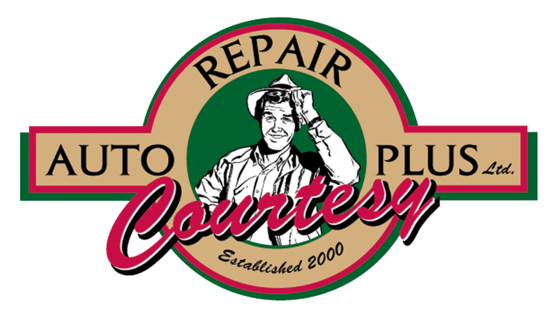Ethics of Automotive Repair in Tiffin
December 22, 2015
We're going to be talking about the ethics of automotive repair. It seems like news outlets really like hit-and-run reporting; they hit everyone from groceries stores to retail to physicians. And the Tiffin automotive service and repair industry hasn't been given a pass either.
Unfortunately, every profession in Tiffin has some bad actors that hurt the reputation of everyone else. On the automotive side, industry associations and professional licensing organizations are very committed to high ethical standards.
Yet some people remain uncomfortable with Tiffin automotive service and repair. It may start with the fact that our vehicles are a big investment and we rely on them for so much in our lives. That alone guarantees our attention. And how well we understand the recommendations really impacts our comfort level.
If we understand what's recommended and the benefits of taking care of the work – and the pitfalls of putting it off – we'll have more trust in the recommendation. So communication is key. It's like going to the doctor; If she's using medical jargon and takes a lot of basic medical knowledge for granted, we have a hard time following her train of thought. It can be like that with your Tiffin service advisor too. He's so familiar with all things automotive, he may forget you don't know a PCV from an EGT.
If you don't understand what your doctor's talking about: ask some questions. If you don't understand what your Tiffin automotive advisor's talking about: ask some questions.
Let's go back to those ethical standards; when we hear a repair recommendation, we always ask ourselves, "Is this really necessary?" Well, here's the industry standard:
If a technician tells you that a repair or replacement is required it must meet the following criteria:
- The part no longer performs its intended purpose
- The part does not meet a design specification
- The part is missing
For example, it you take your car in for a grinding noise when you step on the brakes, you may just think you need new brake pads. After the inspection, the technician at Courtesy Auto Repair Plus says that you have a cracked rotor and need to replace it.
If you tried to get him to simply put new pads on, he would say that if you didn't want to replace the rotor; Courtesy Auto Repair Plus would ethically have to refuse the repair.
To just put pads on a cracked rotor would have been very wrong. The brakes could've failed at anytime and needed to be repaired – not just have a band-aid slapped on them.
Now, looking at something not so serious, the technician may suggest repair or replacement if:
- The part is close to the end of its useful life – just above discard specifications or likely to fail soon
- To address a customer need or request – like for better ride or increased performance
- To comply with maintenance recommended by the vehicle's manufacturer
- Based on the technician's informed experience
Of course, the technician has the burden of making ethical recommendations and properly educating their customers. For the customer, if you are uncomfortable with a recommendation, ask some questions. More information is always a good thing.
More articles from Courtesy Auto Repair Plus

Lubricate Driveshaft
April 20, 2025
See if any of these are happening to your vehicle. You feel it vibrating excessively underneath when its running, or you hear strange clunking, grating, or grinding sounds coming from beneath. Maybe its hard to turn your vehicle, or you can hear squeaking when youre going slow. Perhaps you fee... More

Change is Good (Oil Change)
April 13, 2025
You've heard that expression, change is good. When it comes to your vehicle's oil, change is not only good, it's vital for the health of the engine. But there's one question that puzzles many drivers: how frequently should my vehicle's oil be changed? There is not one simple answer, but here ar... More

Fuel for Thought
April 6, 2025
If you're like most people and drive a gasoline-powered vehicle, you need to be up to speed on its fuel-related components. They're pretty basic: the fuel, the fuel filter and the fuel pump. The fuel's the easy part. You probably gas up your vehicle yourself and, if you're like most drivers, pr... More







